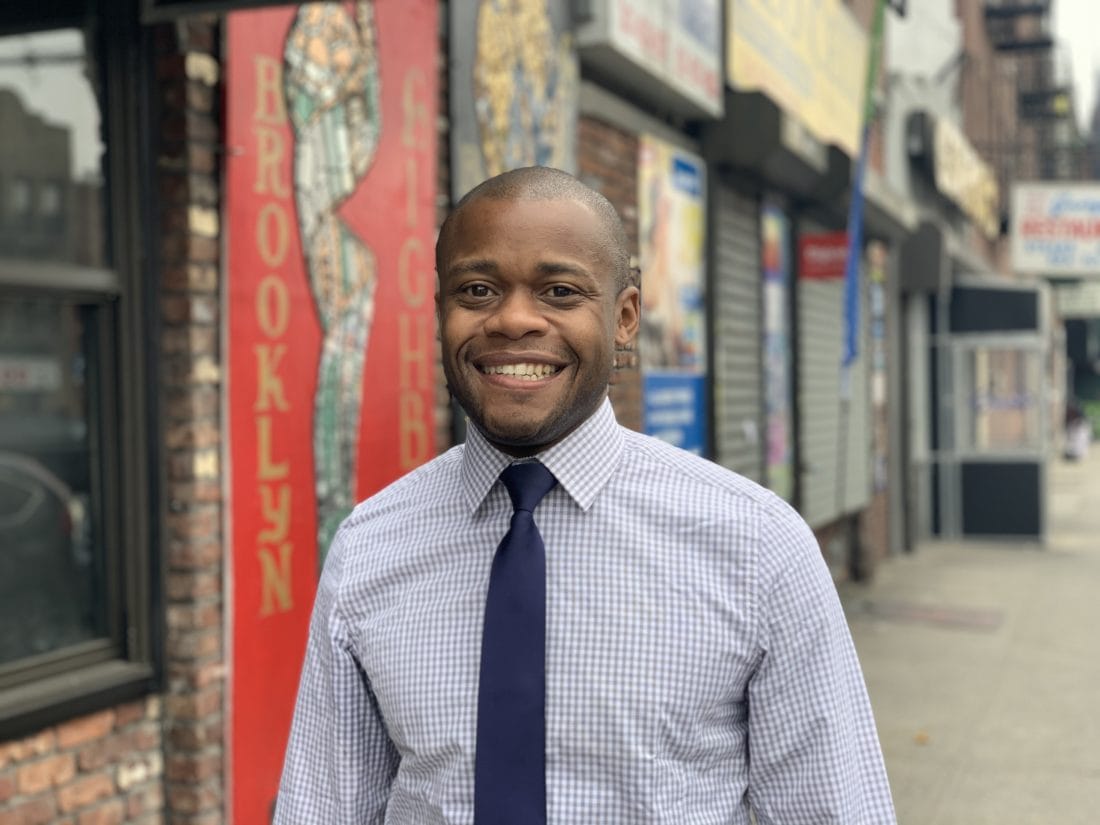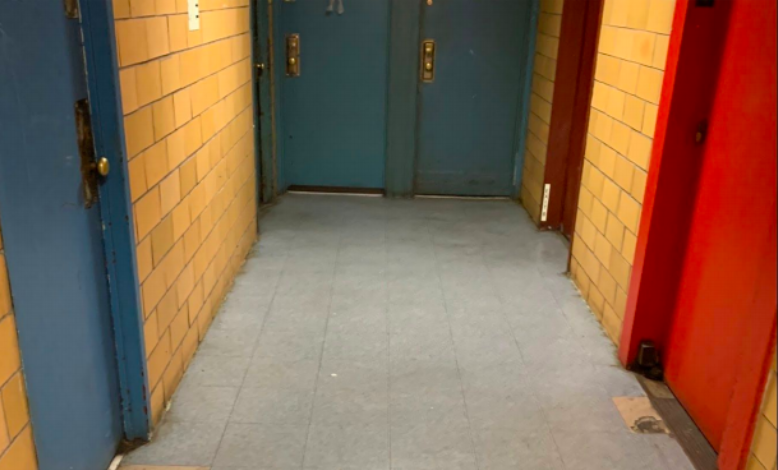Breaking Down The Affordable Housing Problem in Brooklyn (OPINION)


By Lutchi Gayot, candidate for Congress in NY9 Congressional District.
Affordable and low-income housing in New York City is the elephant in the room that politicians love to talk about but can never seem to fully explain in detail. Affordable Housing policies have always been a bunch of unfulfilled promises. Think of our situation throughout the last 15 years. We all have known that affordable housing is a problem and it seems like every politician runs on Affordable Housing as their main policy proposal. But saying that your number one priority is Affordable Housing is meaningless if you don’t have an adequate solution. This is the main reason why we’ve made no progress on the issue. Our politicians are too busy debating who’s more passionate on the issue instead of debating who has the better plan.
NYCHA, for instance, is the centerpiece of every politician’s housing justice plan, but none of them could ever explain the fundamentals behind why the system is so broken. In 2019 NYCHA had a $3.5 billion budget and approximately 175,000 units. So that’s an average budget of $20,000 per unit every year to cover the common cost basic maintenance fees, and yet the hallways still look like this.

How do we expect our people to thrive if our cost of housing is so high? We can spend as much money as we want trying to get people out of homelessness but the reality is housing will still be too high.
I can find you luxury apartment buildings in downtown Brooklyn that cost less than $20,000 per unit per year to maintain. The hard-working rent-paying NYCHA residents deserve better. As a licensed Union Contractor, I understand what it will take to get our housing units back in order. My $30 Billion plan over 10 years for a low income/NYCHA housing budget amendment package will include 5 major components:
- The first step is implementing federal housing bonds. This idea is not new. It’s been with our country for decades. We paid for half of WWII with federal war bonds. I’m planning to pay for Affordable Housing units with the same WWII like funding mechanism. The housing bond program will also make funds available for existing homeowners to develop their own land into low income and affordable housing. My vision for affordable housing in Brooklyn is not the endless rows of enormous brick project buildings becauseI’d imagine it’s more progressive to get things built faster, not slower. So when I do bring that money to Brooklyn we can build double the amount of expected units by using good project management, technology, and common sense.
- Rent as a tax-deductible expense. Businesses have always enjoyed writing off 100% of their rent expenses. Homeowners can write off 100% of their mortgage interest payments. But if you are a renter you don’t get that same benefit. My plan is to go to Washington DC and amend our tax code to include renters. This will allow your rent payments to be 100% tax deductible. While petitioning I met someone who made $50,000 per year and his annual cost for rent was $24,000. So in effect, his take home pay is $26,000 and that’s before food, clothing, and utilities and yet he still has to pay taxes on the full $50,000.
- A robust plan to update NYCHA’s entire maintenance and repairs ticketing system with good project management and technology. This will include a jobs package to benefit local small businesses by offering NYCHA certification training programs to local licensed contractors. NYCHA buildings are for the most part built identically the same so once you are NYCHA certified you’d be able to service and repair apartments in any NYCHA building location. This will allow local licensed contractors to answer the mounting overflow in maintenance service calls. In doing this we’d be able to fix NYCHA and create more jobs at the same time.
- Start A Federal Housing Rights Caucus with the mission to set statutory living standards required in order to receive federal funding. This will force municipalities like the City of New York to do the right thing and maintain a housing system where people can live and raise their children with dignity.
- Housing, income, and infrastructure go hand and hand. The train lines in NYC pretty much can predict where the next trendy neighborhood will be. But once we reach that last stop rent becomes unaffordable because travel via mass transit to this location isn’t accessible. We need to revolutionize our infrastructure and our transportation systems to help deal with the affordable housing crisis. Such massive projects would typically cost hundreds of billions if not trillions of dollars. But we have Elon Musk and Richard Branson currently funding development of the Virgin Hyperloop from their own pockets.
It would be a huge mistake for our representative not to take advantage of this opportunity but I do worry that she will because as of right now I haven’t heard one word spoken about a system like the hyperloop or even innovating mass transit overall. This high speed rail system can take people from NY to DC in under 30 minutes. That’s the same time it takes the No. 2 train to travel from Atlantic Avenue to Flatbush Junction. High-speed travel would make our cities more connected and it would give Brooklyn residents more access to affordable real estate. This will encourage more housing developments to be constructed outside of major cities.
My UBI 9Universal Basic Income) proposal would also help. I’m proposing $1,000 every month to every American citizen over the age of 18. See more here https://link.medium.com/fw86AVMSw6 I’ve been proposing this even before the pandemic. If this plan was implemented already people would be able to afford basic necessities while being off from work. But in terms of rent, UBI would also help. First of all it could help people pay their rent. It’s money and people can choose to spend it how they’d like. But $1000 a month also gives people the buying power in our markets. If you have a landlord who’s charging you an unfair amount, instead of being tied down to that high rent price, $1000 a month will give you the resources needed to leave and find a new apartment without worrying as much about money. If a landlord charging unfair rent prices starts to see more tenants moving out, chances are that the landlord will start lowering rent prices.
This is the kind of forward-thinking leadership we need to fix the housing crisis in Brooklyn. We need more funding and better project management if we’re gonna effectively solve this issue. It would be a mistake to think that the same leadership we’ve had for the past 14 years is gonna do something meaningful to handle this crisis that’s been present in our communities for the past 14 years. The status quo isn’t working for Brooklyn. The incumbent has been in power long enough and the housing crisis is still our number one issue. If the 5 main components of my plan were to go into effect, it would be the most progressive Affordable Housing plan Brooklyn has ever seen. We need to move forward as a nation and we are going to need a new generation of ideas to do so.



